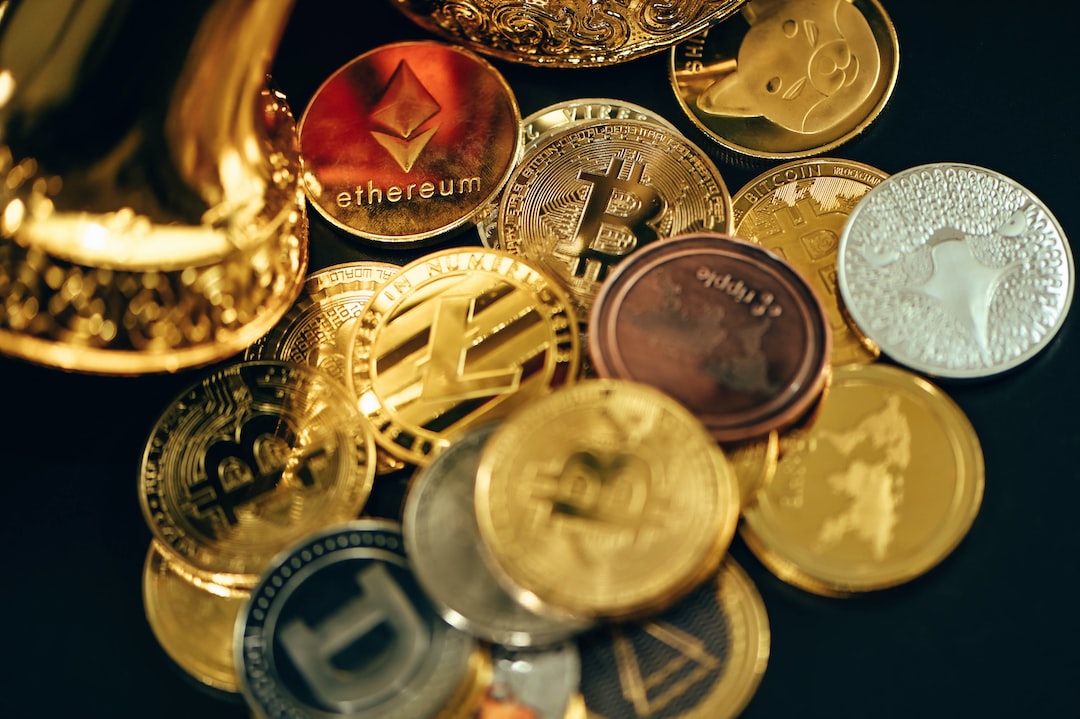China Launches Web 3.0 Accelerator Fund
A recent digital economy conference held in Shenzhen, China, saw the launch of a Web 3.0 accelerator fund, according to local reports. The conference was hailed as a platform for international collaboration and technological advancement. Li Haolong, chair of the World Meta-Asset Association and the Greater Bay Area Capital Group, announced plans for a $10 billion fund called the Yuan Asset Web 3.0 Industry Fund. This fund will invest in global ventures in the Web3 space, including initiatives related to Yuan Asset, NFTs, real-world assets, and meta-assets.
Furthermore, Wu Ying, chairperson of the Digital China Federation and conference chair, emphasized the rapid development of technologies like AI and blockchain. Luo Jinhai, vice-chair of the conference, highlighted the unique characteristics of meta-assets and stressed the need for global discussion and participation in their development.
China’s Contradictory Stance
The launch of the Web 3.0 accelerator fund comes shortly after the People’s Bank of China released a Financial Stability Report addressing the growth of the global crypto asset market. While China emphasizes the need for regulation in this space, its stance on global cooperation seems contradictory to its surveillance efforts.
In an official communication from the Ministry of Industry and Information Technology of China, it was revealed that active research is being conducted in areas such as Metaverse, NFTs, and decentralized identity management. The government aims to evaluate risks and implement technologies across various sectors.
Hot Take: China Embraces Web 3.0 While Maintaining Control
China’s launch of a Web 3.0 accelerator fund demonstrates its commitment to embracing emerging technologies like blockchain and NFTs. However, this move also raises questions about the country’s true intentions. While China promotes global cooperation and development in the Web3 industry, its strict surveillance measures and emphasis on regulation suggest a desire to maintain control. As Web 3.0 continues to evolve, it will be interesting to see how China’s approach aligns with its goal of fostering innovation while ensuring stability and security.





 By
By
 By
By
 By
By

 By
By
 By
By